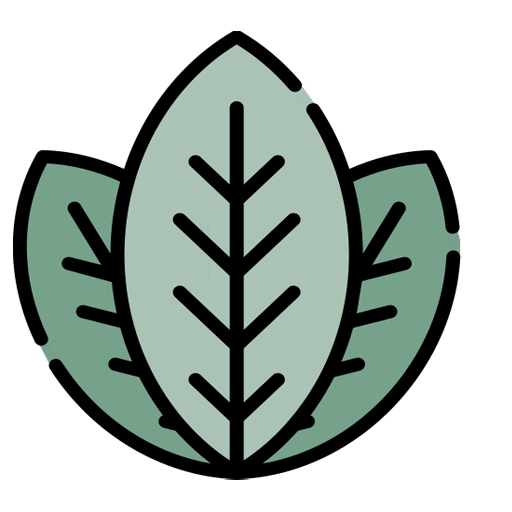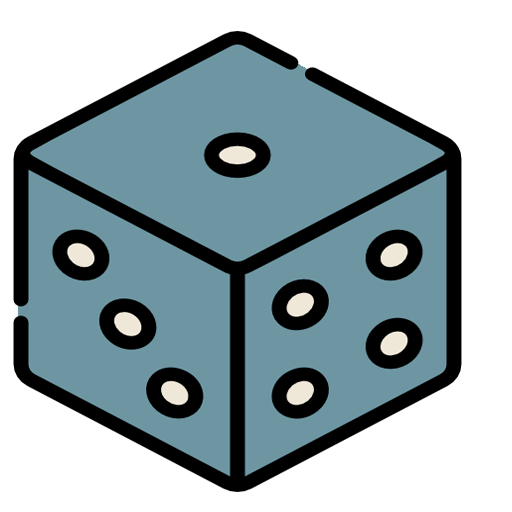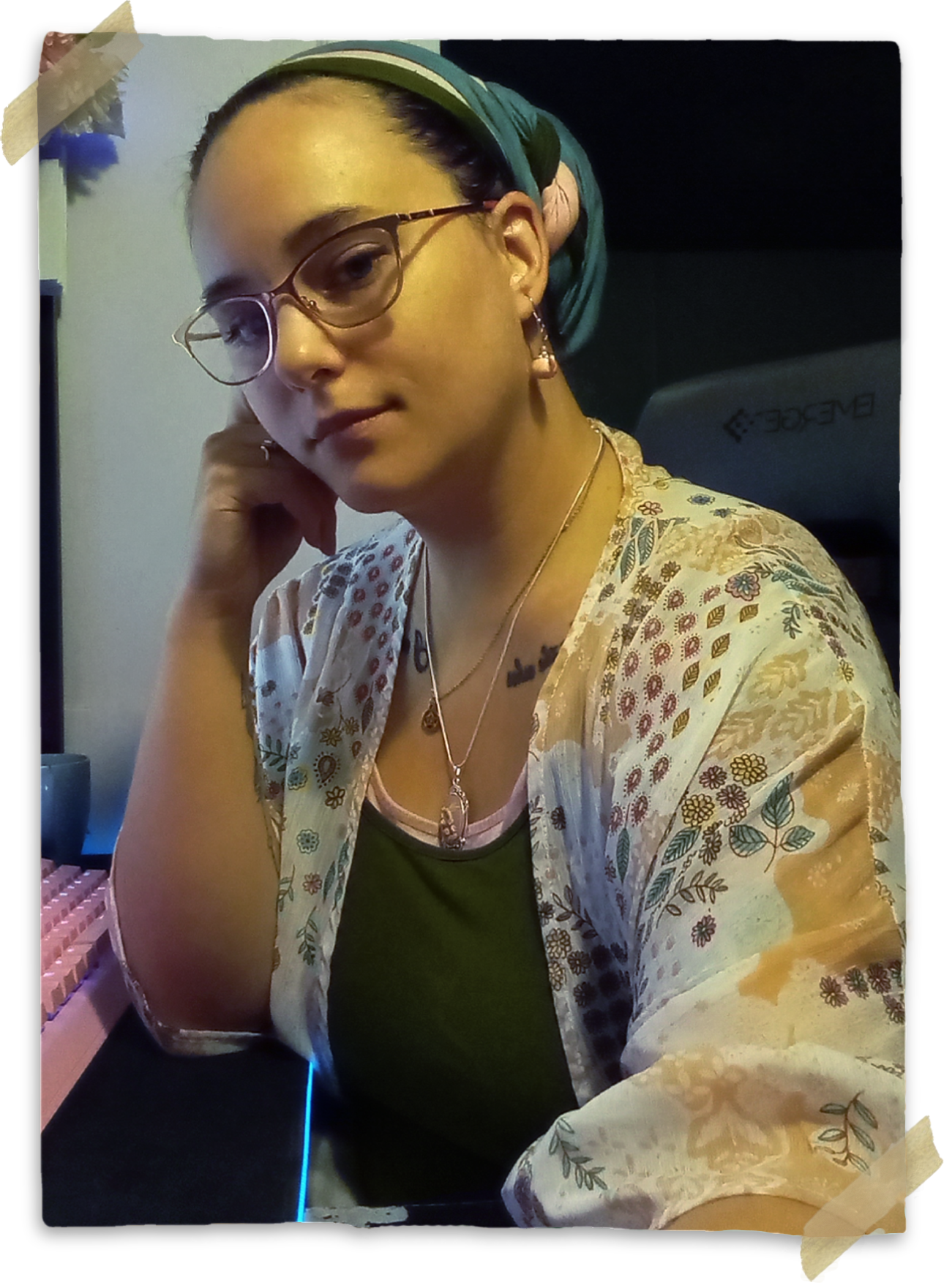



▼ Expand ▼
- Cosmology
- Sophonts
- Phylogenetic Tree
- Race Relations
- General Professions
- Heroic Classes
- Other Creatures
- History
- Economics
▼ Expand ▼
- Phetian
- Nom'ythians
- Fae
- Changeling
- Dryad
- Siren
- Elves
- Timber
- Marine
- Winged
- Ethereal
- Shadow
- Solar
- Lunar
- Fae
- Ayenians
- Genasi
- Fire
- Water
- Earth
- Air
- Humans
- Avi
- Sari
- Casti
- Fereni
- Ileri
- Enethi
- Tameri
- Genasi
- Sa'avians
- Canines
- Felines
- Avians
- Bovines
- Draconics
- Extraplanars
- Celestials
- Fiends
- Other Creatures
▼ Expand ▼
- Planes
- Material
- Elemental
- Feywild
- Astral
- Shadowfell
- Ethereal
- Liminal
- Celestial
- Abyss
- Continents
- Olienn
- Martova
- Castrillis
- Rusatar
- Tolara
- Miscellaneous Regions
- Othaeciona
- Vy'thas
- Roshani Prelecta
- Cities of Note
- Villages of Note
- Keskala
- Temples
- Temple of the Three
- Temple of a Thousand Faces
- Abara-Netamesphut
- Tomb of Kheper-Nebt
- Nisaba Pilgrimage Shrine
- Illame Aleria
- Sailor's Cathedral
- Temple at the Heart
- Taverns & Inns
- Ruins
- Mai-Ben'hat Palace
- Kuai’ain Palace
- Salanti Ruins
▼ Expand ▼
- Wars
- Dragon Wars
- First Dragon War
- Second Dragon War
- Av'hena War
- Kadenazi War
- Red Schism
- The Cleansing
- White War
- Amatis War
- Dragon Wars
- Battles
- Siege of Greibaurum
- Battle of Glimmering Hill
- Holidays & Rituals
- Festival of the Hidden Moon
- Festival of the Winter Sun
- Fael Shi'thara Dul Feneta
- Nam-Khet Bennu
- Máiera Sánná
- Lighting of the Bales
▼ Expand ▼
- Militaries
- Phy'ithian Legion
- Asanari Grera
- Celestial Knights
- Mercenaries
- Sons of Argos
- The Vanguard
- Hawk's Eye
- Seven Dancing Veils
- Varangian Guard
- Storm Crows
- Eastern Storm Crows
- Western Storm Crows
- Hands of Mercy
- Black Company
- Khloris Korydon
- Crusaders
- Al-Saweda
- Orders
- Fellowship of the Star
- Order of the Bloodhunters
- Silver Grasp
- Ivory Ghost
- Knights Profane
- Dawnfist
- Jade Legion
- Crimson Blade
- Hounds of the North
- Tolaran Guilds
- Priest
- Arcanist
- Flaconer
- Artisan
- Merchant
- Explorer
- Shadow
- Traders
- Sal'Hea Maritime Supply Co.
- Tiger Trade Corporation
- Highsong Trade
- Royal Trade and Supply
- Blackwood
- Four Corners
- Brewers
- Gaeldra Orchard & Brewery
- Wanderlust Brewing Company
- Religions
- Material
- The Narrators
- Fae'tora
- Anve'Reldende Elara
- Vue a'Hara
- Riet Yngvir
- Gera Dorskii
- Na Diwa
- Cult of An'hang
- Ágáthá Vetrá
- Extraplanar
- Devas
- Devis
- Old Ones
- Archfey
- Titans
- Material
▼ Expand ▼
- Noble Houses
- House Usathi
- Nenryn e'ta Usathi
- House Idrissa
- Adou y'Idrissa
- Sarata y'Idrissa
- Makain y'Idrissa
- House Za'vaed
- Nhiliara Parindi e'ta Za'vaed
- Letithira Parindi e'ta Za'vaed
- Jevan Veldrin e'ta Abaer
- Aetheldreda Parindi e'ta Za'vaed
- Carteth Veldrin e'ta Za'vaed
- Rosanelor Veldrin e'ta Za'vaed
- Lamealdris Veldrin e'ta Za'vaed
- Savelea Parindi e'ta Za'vaed
- Sabraena Vhonne Iraelar e'ta Za'vaed
- House Yisonn
- Imalda e'Yisonn
- Gielda Quar'Drani
- House Teasam
- Naya e’Teasam
- Tristan e’Teasam a'Mi'viko
- Alyssa e’Teasam
- Edric e'Teasam
- House Awenath
- Hanael e'Awenath
- Estrine a'Meiras
- Kellam e'Awenath
- Yorlan e'Awenath
- Amayla e'Awenath
- House Barmond
- Odell Barmond
- House Renham
- Morwena e'Renham
- Gethrod e'Renham
- House Ranmour
- Annalyn e'ta Ranmour
- House Aoi
- Hendaar Aoi
- House Vaerdne
- Aeris Vaerdne
- House Oskari
- Lassona Sol-Oskari
- House Cutania
- Teresse e'Cutania
- Ta Hyriakou
- Clan Cateláin
- Magáidh Ruiseal nic Cateláin
- Mánus Máirc nic Cateláin
- Asha Máirc nic Cateláin nic Síoráin
- Óra Máirc nic Cateláin
- Aélwin Máirc nic Cateláin
- Godred Máirc nic Cateláin
- Moirin Máirc nic Cateláin
- Deirdre Máirc nic Cateláin
- Tomas Cáinan nic Cateláin
- Clan Dhána
- Cáin Avelson nic Dhána
- Moirin ac Brádaigh nic Doirnín a Dhána
- Fína Avelson nic Dhána
- Faolán Cáinnech nic Dhána
- Clan Cananáin
- Niall Eogháin nic Cananáin
- Ruadh Sabháin nic Cananáin
- Clan Lulachláin
- Deorid Tuáirisc nic Lulachláin
- Eanna Catháil nic Lulachláin
- Eiblin Coinnich nic Lulachláin
- Clan Síoráin
- Oisean Lucais nic Síoráin
- Thamás Rushton nic Síoráin
- Clan Etanáin
- Cathach Pheadáir nic Etanáin
- Benict Ruáidh nic Etanáin
- Clan Áirachláin
- Donáid Alasdáir nic Áirachláin
- Sorcha Matasan nic Áirachláin
- Clan Cáoráig
- Egdhán Dhána nic Cáoráig
- Clan Bairr
- The White Banshee
- House Usathi
- Priests
- Orders
- Individuals
- Arcanists
- Tristan e’Teasam a'Mi'viko
- Odell Barmond
- Archivists
- Naya e’Teasam
- Odell Barmond
- Scientists
- Archaologists
- Hamadi Sebek
- Militiamen
- Achyn Cylien
- Brilicia e'Orahon
- Keani Lohia-Vele
- Halim Pulungan
- Warchief Uleaku Hala
- Batilda Nielsen
- Hansa Bech
- Maanar Arge
- Vagnar Halbeg
- Operatives
- Thelaenas Raehur
- Aetheldreda Parindi e'ta Za'vaed
- Nadstran Vonmeath e’ta Elerryn
- Spirryn Talthara e’ta Kealas
- Explorers
- Yen Tae-Hyun
- Eddard Cormac
- Traders
- Bryn Afa'ma
- Vulmar Kiirden
- Commoners of Import
▼ Expand ▼
- Extraplanars
- Elementals
- Constructs
- Archival Spirit
- Scholar Orb
- Warforged
- Golem
- Monsters
- Athelephine
- Behir
- Pukei-Pukei
- Beasts
- Insects
- Galycean Moth
- Bahar
- Ila'vis Beetle
- Hao'yin Butterfly
- Miscellaneous
▼ Expand ▼
- Plants
- Vurag
- Nefru
- Flowers
- Shrubs
- Trees
- Qiao'hon
- Möhring Juniper
▼ Expand ▼
- Metals
- Palladium
- Platinum
- Mithral
- Demiterium
- Stones
- Sunstone
- Aubralite
- Materia
- Idreid Stones
- Materials
- Milonan Silk
- Eris'kan Brocade
- Gear
- Bandy's Belt Pouch
- Sacks of Holding
- Handy Haversack
- Minor Spell Repository
- Efficient Quiver
- Relics
- Religious
- War Banners
- Devestation
- Chalice
- Shield
- Storm
- Fist
- Despair
- Star
- Brute
- Tower
- Vestiges
- Swords & Daggers
- Lightbringer
- Mistleinn
- Dawnbreaker
- Duskbringer
- Skylark
- Vineheart
- Carrion Stinger
- Grave Weaver
- Pharaoh
- Silverwind
- Wind Saber
- Terraria
- Grieving Garden
- Daggers & Sickles
- Songbirds
- Grovekeeper
- Harvester
- Whisper
- Nahkari
- Vice & Virtue
- Bane's Claw
- Moonbearer
- Lucky Number Seven
- Mist
- Meadow's Rest
- Deathreaper
- Axes, Mauls, & Hammers
- Crimson Saint
- Glutton's Bane
- Warbane
- Winter's Howl
- Enforcer
- Chieftan's Fury
- Warden of Life
- Jawbreaker
- Bloodstained Bride
- Vanguard
- Bright Sentinel
- Brontanna's Maul
- Bows & Bolts
- Dragon's Bane
- Odral's Grasp
- Whisp
- Silverwind
- Crimson Choir
- Hyperborea
- Reaver
- Vanguard
- Vera's Silence
- Staves & Glaives
- Sappling
- Wildfire
- Arbor's Abode
- Claire
- Life Herald
- Lodial
- Rainbow
- Brightwood
- Quickling
- Sonata
- Ivy
- Eden
- Ravenwing
- Opalborn
- Hamea's Dance
- Other Weapons
- Green Gale
- Sunspear
- Tessadara
- Ethereal Bite
- Saphir
- Violanta
- Xayah's Sting
- Adorei
- Bleeding Bouquet
- Egoist's Solo
- Harpblade
- Enlightened Edge
- Wasp's Venom
- Haymaker
- Shields
- Dainsleif
- Black Star
- Bloodmoon
- Euphoria
- Brotannia's Shield
- Ramn's Head
- Aegis
- Amniteum
- Steel Petal
- Tombstone
- Arborguard
- Solomantis
- Saintbreaker
- Pyralite
- Mantles
- Stormdancer
- Lion Hide
- Brightwood Warden
- Charlatan
- Lunar Herald
- Planeswalker
- Seafarer
- Nine Lives
- Frostfell Gloam
- Omenbringer
- Other Armor
- Windshear
- Midas
- Warden's Key
- Hellfire's Gauntlet
- Windcutter
- Serpent's Kiss
- Swords & Daggers
- Religious
▼ Expand ▼
- Geographic & Exploration Texts
- A Guide to the Peaks
- The Mountainer's Guide to Tentage
- Herbals & Beastiaries
- Poisonous Histories
- Cormac's Legendary Bestiary
- A Homesteader's Guide to Oelot
- Flora and Fauna of the Greater Chisisi Region
- The Many Modern Cousins of the Dragons
- Political Documents
- Opal Accords
- Astrantia Charter
- Társén Alliance
- Cultural Texts
- A History of the Ancients
- A Pocket Guide to Tolara and its Peoples
- The Materials and Styles of Saleh'Alire
- Beauty Rituals of Saleh'Alire
- An Ethnographical Study of Phetian Descendants
- Food Diversity Among the Giants
- Myths and Misconceptions of Orcish Culture
- On The Nature of Dwarves
- Marriage and Courting Among the Dwarves
- Traditional Sounds of the Delta
- Holy Texts
- Avesta An'hang
- Manuscript of Adekai
- Codex Nratavi
- Book of Whispers
- Religious Texts
- Divine Theurgy
- Mau Diwa-Net
- Arcane Texts
- On the Nature of Reality
- A Guide to Extraplanar Travel
- Full Grimoires
- Arcanum of the Battlefield
- Tome of Abyssal Familiars
- Spell Scrolls
- Transference Circles
- Extradimensional Expansion
- Minor Elixir
- Shadow Arts
- L'Arte de Clandestine
- Reading for Pleasure
- Heavenly Flesh
- Journals / Diaries
- First Tolaran Voyage
- First Chisisi Expedition
- Echo Houlgate's Diary
- Journals of Zuri Golzar
▼ Expand ▼
- Bacterial
- Jungle Rot
- Viral
- Shivering Sickness
- Parasitic
- Throat Leeches
- Other
- Wanderer's Sickness
- Waterblight
▼ Expand ▼
- All-Campaign Primers
- Seeker's Blessing
- Introduction
- Characters
- Echo Houlegate
- Conar Barrach
- Edric e'Teasam
- Aglaomilia Hithe
- Aélwin Màirc
- Starting Location
- Tolara
- Gwyn Tira'Kie
- Saethar'Kori
- Last Known Location
- Port So’Lae, Olienn
- Into The Wilds
- Introduction
- Characters
- Starting Location
- Tolara
- Talaina'Vao Region
- Ajda-Donesh Basin
- Keskala
- Last Known Location
- Wildfire Rising
- Introduction
- Characters
- Starting Location
- Tolara
- Talaina'Vao Region
- Chisisi Desert
- Gahiji Mountains
- Baruti
- Goal Location
- The Open Door
- Introduction
- Characters
- Starting Location
▼ Expand ▼
- DM Zone
- Party Quick Reference
- Party Interests
- To-Do List & Notes
- Mechanics
- Generators
- NPCs
- Items
- Structures
- Magic Surges
- Quests
- Non-Combat Encounters
- Historic Events v.01
- Historic Events v.02
- Meal Gen v.01
- Meal Gen v.02
- Bullshit Language Text
- Puzzles
- The Watcher's Key


















I did not expect this to be so involved. Nice!
I couldn't help myself; DnD didn't really have a good explanation of the magic system and I REALLY wanted one lol.
⤳ Buy me a Ko-fi
⤳ Join My Discord